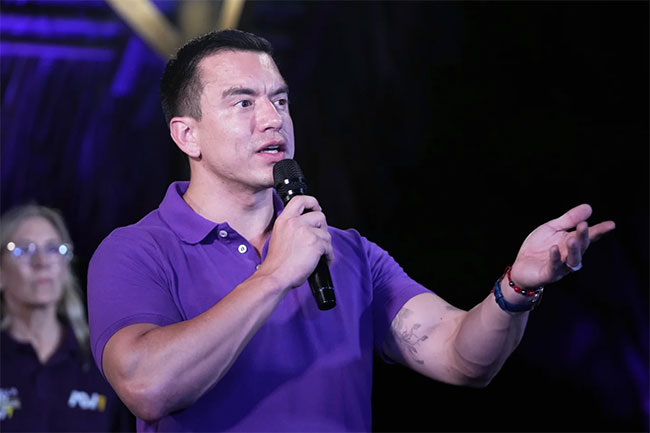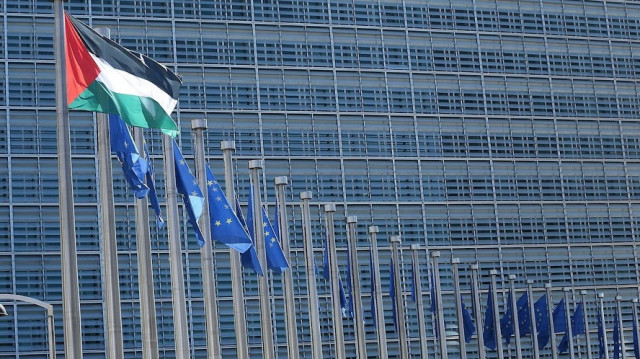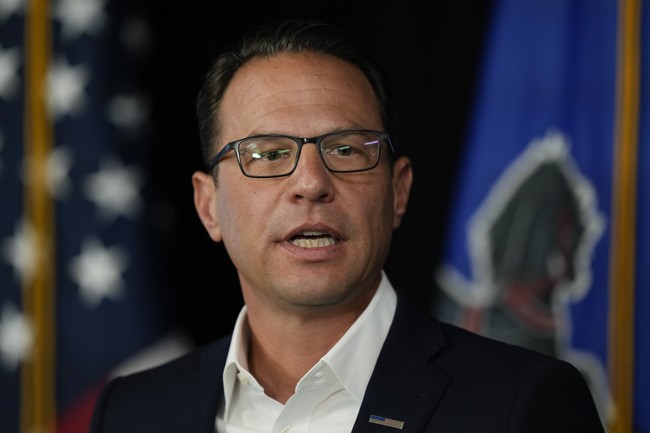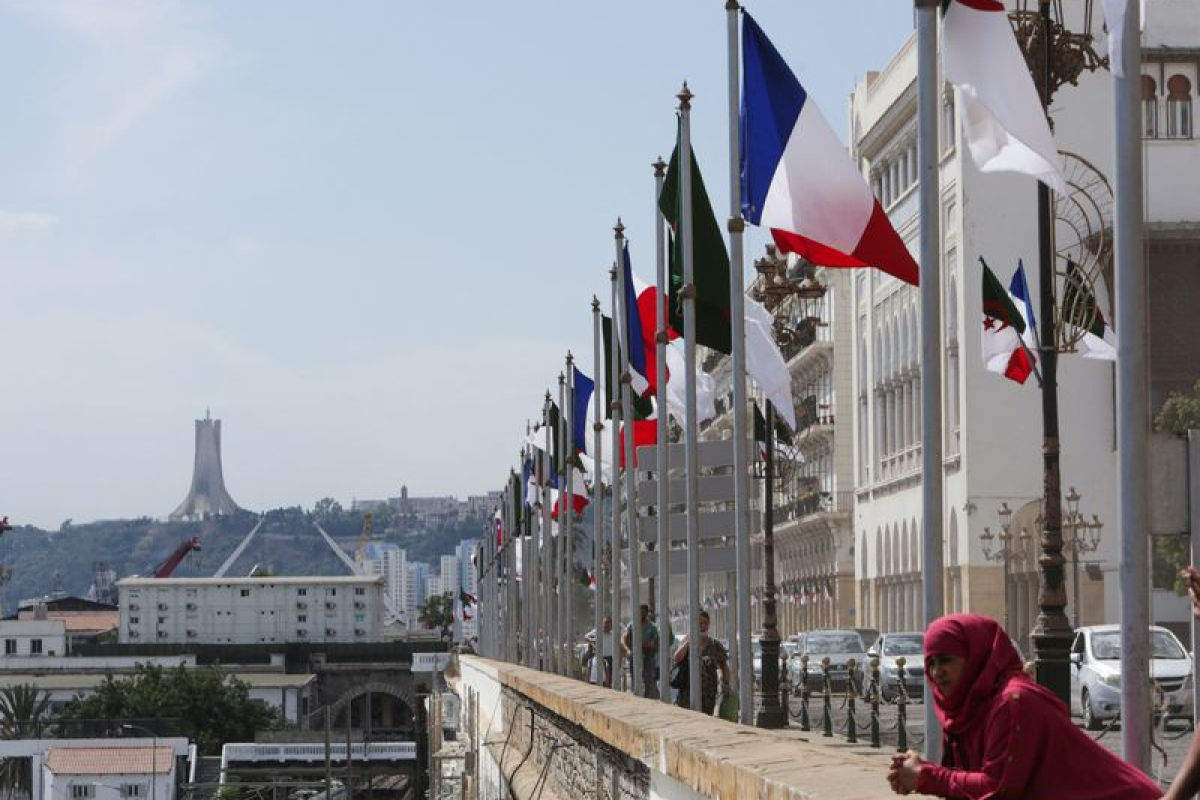India's Diplomatic Moves Amidst Global Tensions
Explore India's foreign policy strategies as it navigates complex international relations with Russia and the West amidst global tensions. What implications does India's approach hold for the future?
Published April 13, 2025 - 00:04am
Image recovered from n.yam.com
India's multifaceted diplomatic strategy has drawn significant global attention, particularly in light of recent developments in its foreign relations with major powers like Russia and the Western world. A pivotal element of this strategy is the deepening ties between India and Russia, a relationship that some international critics view with skepticism. This development follows Indian Prime Minister Narendra Modi's visits to Moscow, marking a continued balancing act in India's diplomatic engagements, despite the ongoing Russia-Ukraine conflict.
In a recent virtual engagement through the Russia-India Joint Forum, Russian Foreign Minister Sergei Lavrov confirmed President Vladimir Putin's impending visit to India. This diplomatic initiative underscores India's determination to maintain longstanding ties even amidst global criticisms of Russia's actions in Ukraine. The visit comes after India signed notable agreements to quadruple bilateral trade by 2024, which centers around key sectors such as hydrocarbons, steel, and defense.
Saahil Menon, a Dubai-based investment analyst writing for The Geopolitics, launched a critical dialogue questioning India's democratic credentials given its invitation for Putin's visit, despite worldwide condemnation of Russia's actions. This critique raises the question of how India's foreign policy strategies under Modi, influenced by the Bharatiya Janata Party's right-wing positions, may impact its international image.
Modi's approach in international diplomacy signifies a focused strategy to counterbalance China's rising influence. Despite ideological differences, India has formed a strategic partnership with Russia, although largely transactional in nature. According to the Stockholm International Peace Research Institute (SIPRI), Russia supplies a significant portion of India's military hardware, further cementing this pivotal relationship.
Moreover, diplomatic treaties facilitate travel and cultural exchanges, with Russia simplifying visa procedures for Indian tourists. Such measures amplify Russia's influence in India, supported by media channels like RT, which tap into India's significant English-speaking demographic to disseminate pro-Russian narratives. This strategy seeks to capitalize on anti-Western sentiment, challenging perceptions of India as a third-world nation while also avoiding direct criticism of the BJP regime.
Domestically, India grapples with challenges under Modi's administration, with press freedoms and human rights at the forefront. Reports from Reporters Without Borders indicate a declining media landscape, aligning India with countries with similar governance challenges. Economic inequalities further complicate this scenario, with wealth concentration in the hands of the elites, including Modi's influential allies, raising questions about crony capitalism within India's socio-political framework.
Simultaneously, India's diplomatic alignments extend beyond Russia to involve key players like Iran. Despite sanctions, India has persisted in strengthening infrastructure partnerships, as seen with the International North-South Transport Corridor (INSTC), linking St. Petersburg to Mumbai via Iran. These moves point to India's strategic calculus in leveraging regional partnerships to bolster its geopolitical influence amidst the shifting sands of global politics.
In summary, India's foreign policy maneuvers reveal its ambition to position itself as a significant global player amidst rising multipolar tensions. Whether through reinforcing ties with Russia or balancing its engagements with Western allies, India's approach exemplifies a pragmatic resilience, deciphering its path forward in an increasingly interconnected and complex world order.







